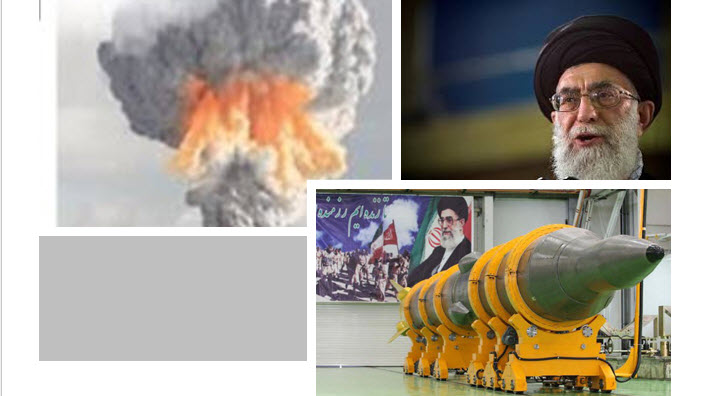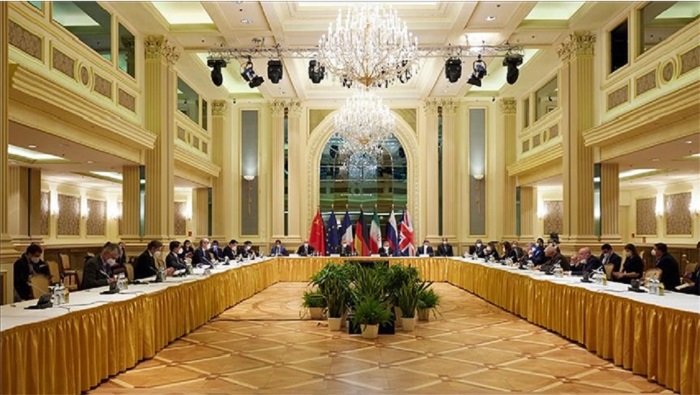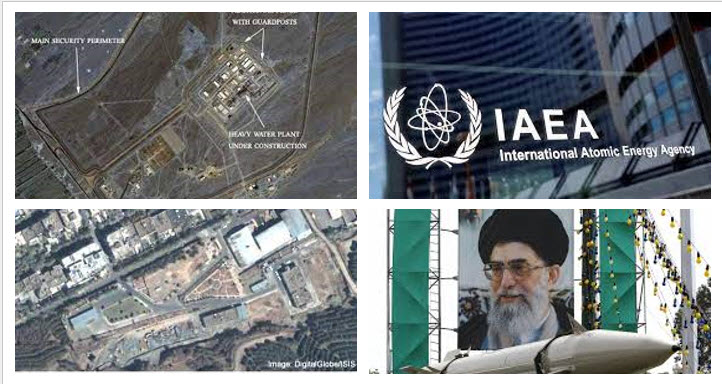

The Iranian regime is constantly pressuring Western powers to make concessions in order to contain the clerical regime’s drive for a nuclear weapons capability. Fortunately, the international community has shown little willingness to accept that regime’s ultimatums.
On the other hand, major Western powers have consistently demonstrated their unwillingness to deprive Tehran of opportunities to reiterate its demands and outline the concessions it hopes to receive. They could easily do so if they demonstrated the political will to halt negotiations to resurrect the 2015 Iran nuclear deal also known as the Joint Comprehensive Plan of Action (JCPOA). Over the course of 18 months, those negotiations have largely failed, with the only consistent result being the avoidance of measures that could compel the regime to halt its nuclear program, which is now running multiple cascades of advanced centrifuges to enrich uranium beyond 60 percent fissile purity.
The International Atomic Energy Agency’s board of governors met on Wednesday for its quarterly meeting, during which the JCPOA was naturally a major topic of discussion. Some observers expected the Western signatories to the agreement – the United States, Britain, France, and Germany – to condemn Tehran, as they did at the previous quarterly meeting in June. However, some predicted that further censure would spell the end of JCPOA revival efforts. This is presumably why the US and the E3 did not issue a formal declaration in response to Tehran’s violations.

There is little doubt that strong international support exists for measures that could be more effective than the current, fruitless negotiations in preventing Iran’s nuclear “breakout.” Nonetheless, every opportunity to enact those measures seems to slip through the cracks as the JCPOA’s signatories continue to shift the goalposts for what constitutes a successful agreement and when it might be achieved.
The US and its European allies have all indicated that the revival talks will be completed by the end of 2021. However, a few weeks after the most recent of those deadlines, the negotiations were put on hold indefinitely, and Iranian officials began insisting that they would only send representatives back to Vienna if an agreement with all outstanding demands was reached.

The regime eventually broke its word, but only after it became clear that the White House and the European Union had no intention of abandoning the JCPOA anytime soon. This back-and-forth quickly led experts such as British intelligence chief Richard Moore to conclude that the regime’s leadership’s strategy was simply one of delay.
This interpretation of the regime’s actions received significant support last weekend when Iranian regime officials reiterated their rejection of an EU proposal to re-implement the JCPOA. Despite the fact that the EU’s foreign policy chief, Josep Borrell, explicitly stated that that proposal was the “final text” and that the negotiating parties had exhausted all opportunities for compromise, Tehran has continued to insist on additional changes, leading even the most optimistic Western policymakers to conclude that the prospect of a mutual agreement had become more remote.
If Borrell and other EU leaders can now admit that Iran’s ruling theocracy is pushing negotiations in the wrong direction, one has to wonder why they can’t also admit that the JCPOA is no longer an option, or that the time has come for Western powers to adopt an alternative strategy to prevent Iran from obtaining nuclear weapons.
 MEK Iran (follow us on Twitter and Facebook), Maryam Rajavi’s on her site, Twitter & Facebook, NCRI (Twitter & Facebook), and People’s Mojahedin Organization of Iran – MEK IRAN – YouTub
MEK Iran (follow us on Twitter and Facebook), Maryam Rajavi’s on her site, Twitter & Facebook, NCRI (Twitter & Facebook), and People’s Mojahedin Organization of Iran – MEK IRAN – YouTub







